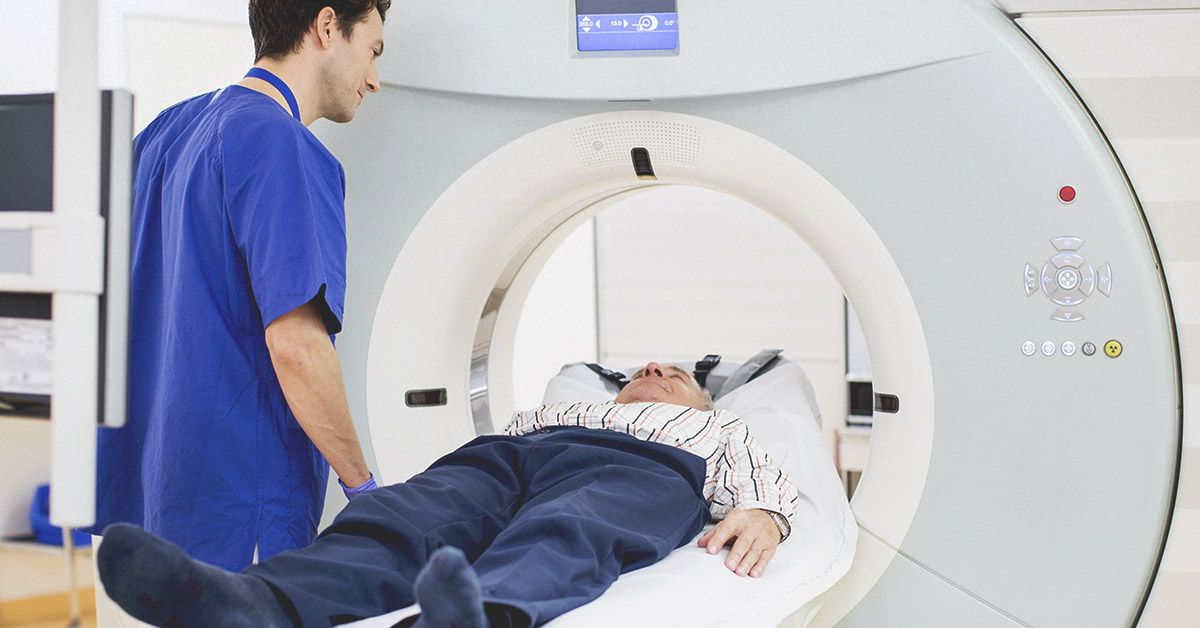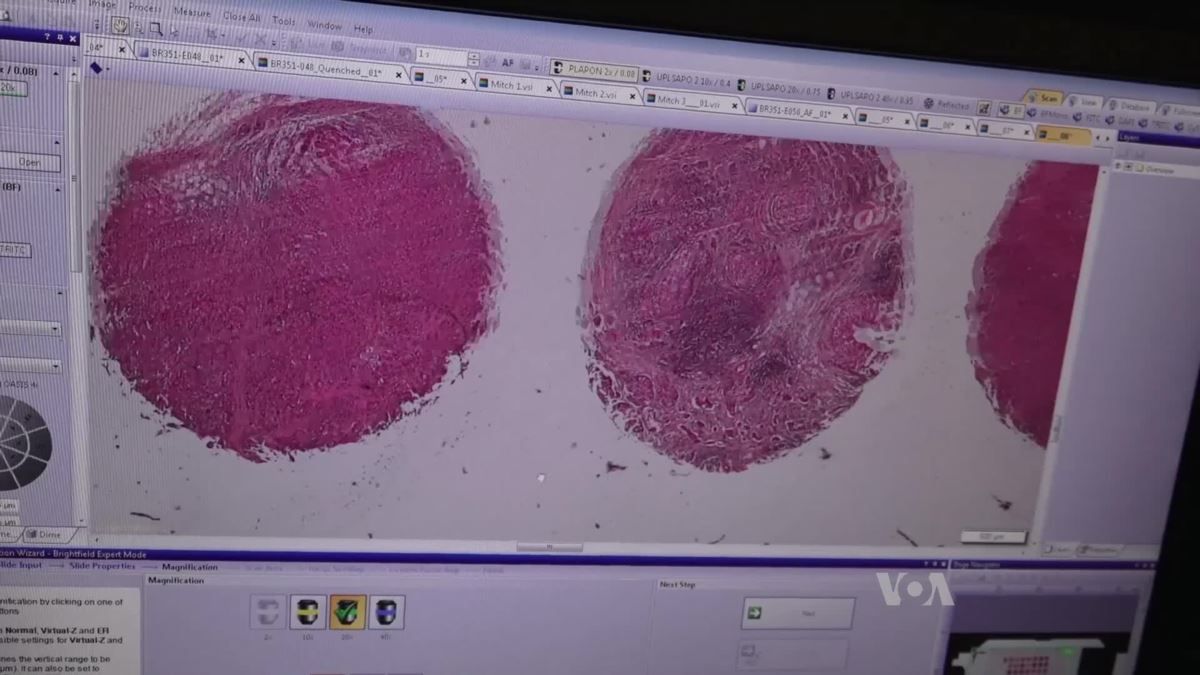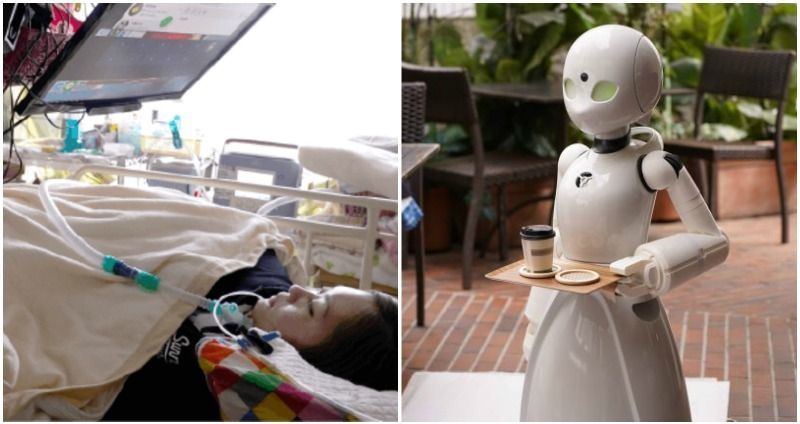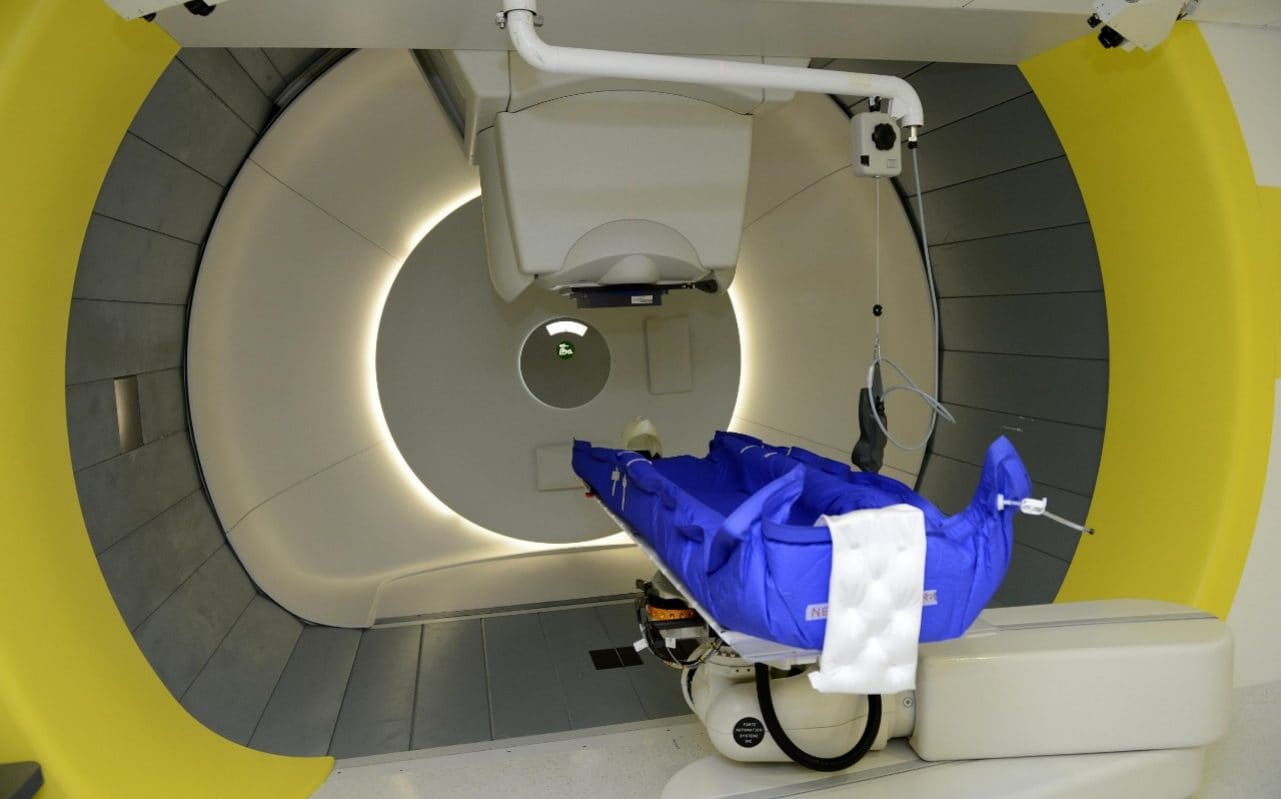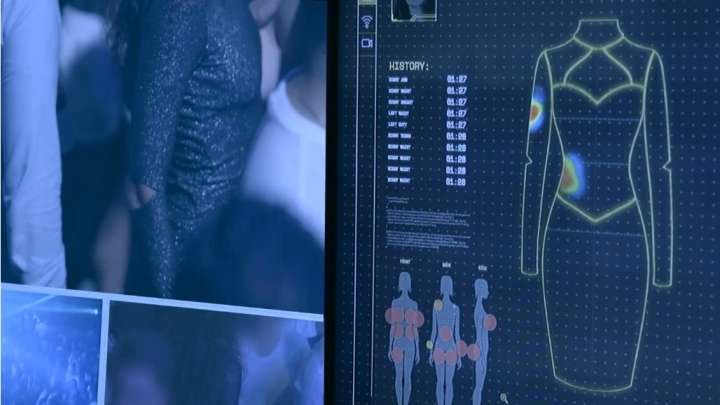Dec 2, 2018
The Future of HIV Treatment Might Not Involve Pills
Posted by Genevieve Klien in categories: biotech/medical, futurism
HIV treatments have come a long way in the more than 30 years since the virus was first identified.
Powerful antiretroviral drugs (ARVs) can now keep the virus controlled at levels that current tests cannot detect in the blood. Perhaps just as important, people who take these drugs diligently soon after they’re infected are unlikely to pass the virus to others. But the treatment isn’t perfect. Those with HIV need to take a pill every day for the rest of their lives, and even if they do, the virus can easily morph to become resistant to the drugs. That’s why patients on ARV treatment should faithfully monitor their virus and cycle between different combinations of drugs.
Finding new, easier ways to more effectively treat HIV and stop its spread is therefore an urgent priority, and researchers are now looking beyond daily drugs to therapies that might provide people with more lasting protection.



